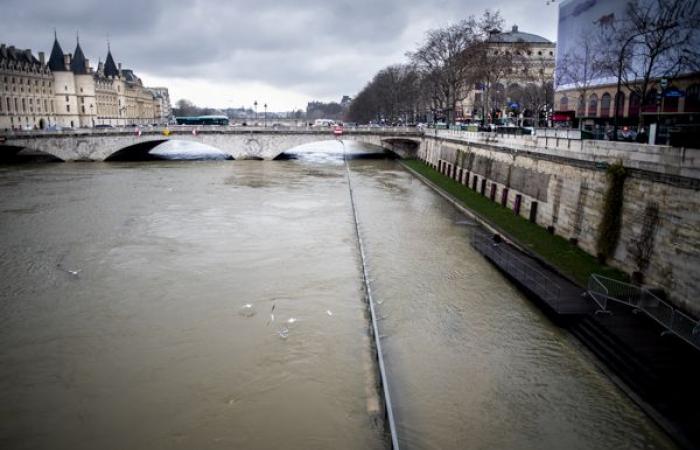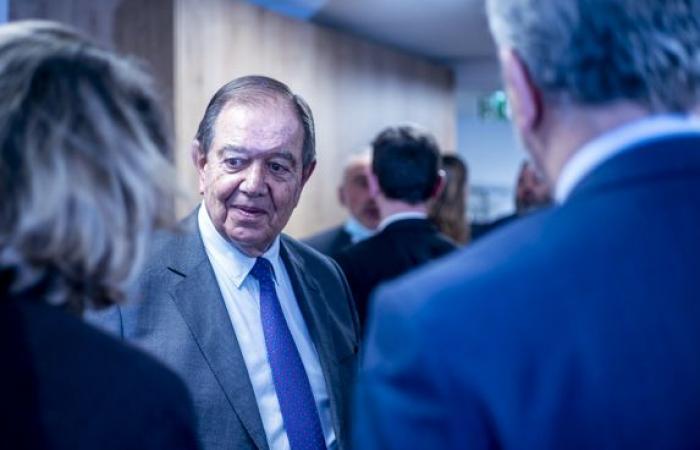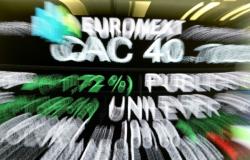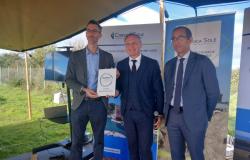A few days after the terrible floods which struck the south of Spain, the territorial public establishment of the Seine Grands Lacs basin adopted, during its union council meeting on November 14, a revision of its statutes in order to increase its financing and to welcome new members.
In light of recent climatic events, the fight against floods and low flow support increasingly require more financial and human resources. The stakes are high in the Seine watershed. In this context, a few days after the terrible floods which hit the south of Spain, the territorial public establishment of the Seine Great Lakes basin is changing its governance and strengthening its financing.
Flood of the Seine in Paris. © Jgp
“The objective is to always better fight against flooding and improve water democracy in the upstream watershed of the Seine,” underlines Patrick Ollier, president of Seine Grands Lacs and the Métropole du Grand Paris. In addition to the costs linked to the construction of the Seine-Bassée flood retention pilot basin, the establishment must carry out major work in the very short term on its other works, such as the renovation of the Morge dam on Lake Orient, or the renovation of the control-command system of the Pannecière dam. Furthermore, Seine Grands Lacs is developing an ambitious program relating to flood expansion zones (ZEC) in cooperation and partnership with Gemapian communities in its jurisdiction. Nearly 180 projects are currently being implemented or examined, nearly 80 having already been the subject of a cooperation and partnership agreement.
“The financing of these projects leads to the absolute necessity of increasing the contributions of the members of the establishment,” indicates the mayor of Rueil-Malmaison. These contributions increased from €13 million in 2015 to €9 million in 2020, then returning to €12 million in 2024; an amount that is too small to cover the financing of the establishment's work and projects.
Expanded governance
In order to meet this financial need, while taking into account the structural budgetary constraints weighing on its founding members, the inner-city departments and the City of Paris, Seine Grands Lacs is therefore changing the rules for its members' contributions.
For founding members, the amount of the contribution has been reduced and is now fixed. For the Greater Paris Metropolis, the amount of the contribution is increased and set at 1.2 euros per inhabitant. “With a contribution to Seine Grands Lacs which increases from €4.5 to €8.5 million between 2024 and 2025, the Métropole du Grand Paris, main financier of the EPTB, is taking its full part in preventing floods and droughts. within the Paris basin,” indicates the establishment.
This new balance makes it possible to increase the overall contribution of Seine Grands Lacs members from €12 to €13.9 million for 2025.
Furthermore, the president and elected officials of the Union Committee will propose to new towns located in the territories most exposed to flooding in the basin, but also to the Île-de-France Region, to join Seine Grands Lacs. Four years after the last statutory revision which saw the integration of three new members (the Greater Paris Metropolis, the Pays de Meaux agglomeration community and the Grand Est Region), the new revision of the establishment's statutes opens the doors of union governance to new members.
Patrick Ollier: “Always better fight against floods”
Patrick Ollier. © Jgp
“I am delighted with this statutory revision which will open up new horizons for us and will make it possible to finance all the work and projects necessary to better combat flooding in our territories. This action program is a collective work and cannot be done without the integration of new members, such as the towns most exposed to flooding or the Île-de-France region. The future expansion of our governance will thus be a guarantee of better management of water resources in our basin, of better solidarity between the upstream and downstream territories, of an increase in water revenues. 'EPTB, and better local water democracy'.







